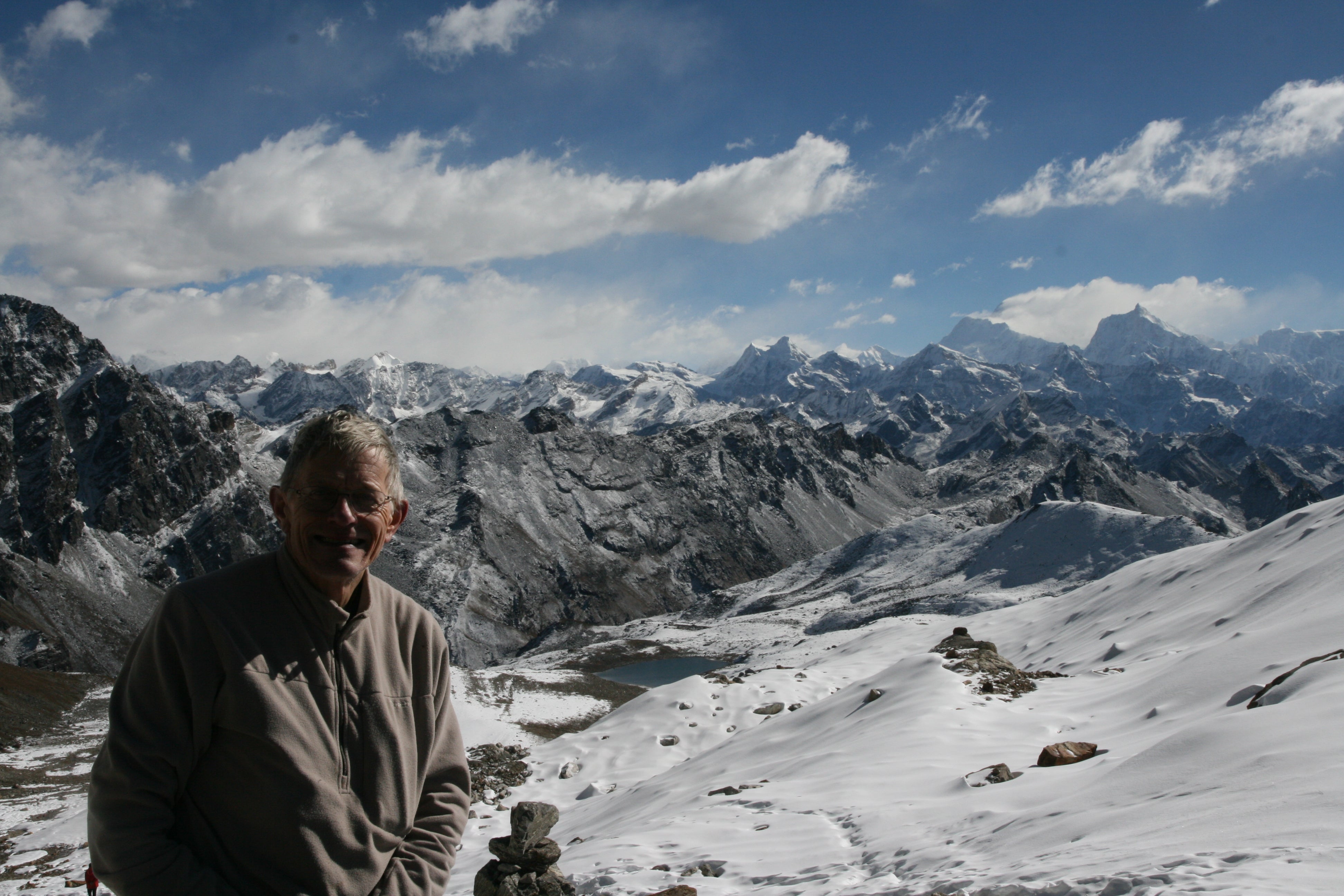How your health can define your chances of seeing the world
The Man Who Pays His Way: Cancer can have a long-lasting effect on travel, even after it has been beaten

Cancer is brutal. It robs many victims of years of life. The disease tears families apart. Thankfully medical science has dramatically improved the odds on survival. Yet cancer can have a long-lasting effect on travel – even after it has been beaten.
The problem is travel insurance. Some insurers simply turn down flat people who have had cancer, regardless of the prognosis from the patient’s doctor. Fortunately there are some excellent specialist companies who make it their business to offer policies for cancer patients. They typically provide cover for anyone who is deemed to be more likely than others to make a claim – whether because of advanced age or pre-existing medical conditions. You can find an expert through the Travel Medical Directory of the British Insurance Brokers Association. But the policy might end up costing more than the trip.
You may have read about Josh Cull, from Bournemouth – who, in 2021, received the devastating news that he had a brain tumour. He was just 25. Initially Josh was told he had only three months to live, but thankfully a combination of surgery, chemotherapy and radiotherapy meant he was, in his words, “healthy and fully recovered”.
A number of people who have recovered from cancer have told me that a literal new lease of life spurs then to want to discover the world. So it was with Josh: 30 months after his treatment ended, he planned a South East Asian adventure with his brother and his fiancé.
“The trip was supposed to be a reward for everything we’d been through,” he says. “However, I couldn’t get an insurance quote for less than £3,000.”
Josh could have abandoned the trip. That is what the Foreign Office would advise. It says: “If you’re travelling abroad, you should take out appropriate travel insurance before you go.”
He might have been tempted not to disclose the cancer and treatment and just pick up a cheap policy. That could have ended badly. Should you fall ill as a result of a pre-existing condition returning, an insurer will immediately investigate your medical history. If there is a related condition you have not disclosed, the policy may be annulled and you could end up with medical bills running to tens of thousands of pounds.
Instead, Josh took a calculated risk to go anyway. Like many other young travellers who do not have insurance, he got away with it.
But for people who have recovered from cancer to have to face such a choice – travel uninsured or stay at home – is far from ideal.
Some say that premiums running into thousands of pounds show travel insurers are profiteering from people who have been through an extraordinarily difficult experience. Yet travel insurance is a competitive business. Regrettably, this is down to harsh arithmetic. Underwriters crunch the numbers on dealings with travellers who have been through cancer. Their conclusion: there is more chance of a claim than for most travellers, and the cost of a claim is likely to be higher.
Sometimes travel insurers' concerns are unfounded – and there is welcome evidence that insurers are now looking more closely at an individual’s circumstances rather than refusing to insure cancer patients at any price, or applying outlandishly high premiums. But any traveller who comes with enhanced medical issues can expect to pay more.
For example, I have osteoporosis (brittle bones). I enjoy trekking in the Himalayas. But because I am more likely than most to break a bone at high altitude, I paid £228 extra to cover an expedition in Nepal last year.
Fortunately, there is one more option for people facing astronomical premiums: stay in Europe. The UK Global Health Insurance Card (GHIC) gives coverage for free or reduced-rate treatment in public hospitals in the EU and Switzerland. Some travellers with cancer or other conditions make a positive decision to rely on this asset rather than staying at home.
Simon Calder, also known as The Man Who Pays His Way, has been writing about travel for The Independent since 1994. In his weekly opinion column, he explores a key travel issue – and what it means for you
Join our commenting forum
Join thought-provoking conversations, follow other Independent readers and see their replies
Comments